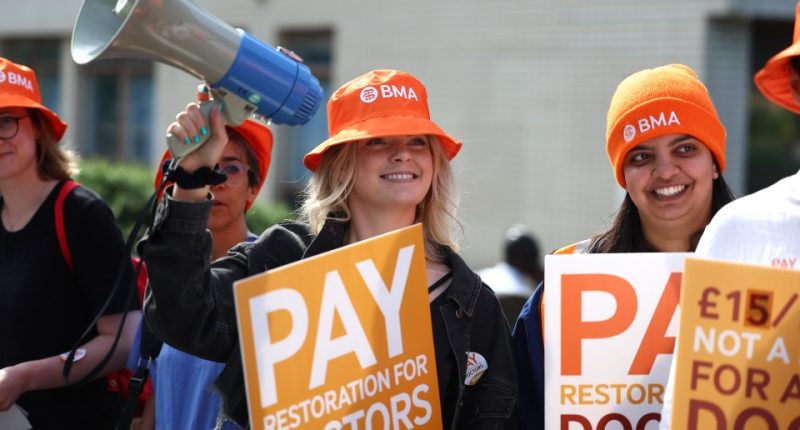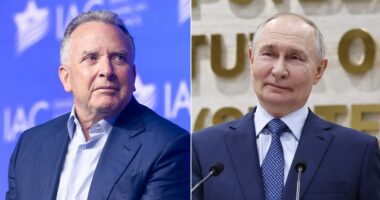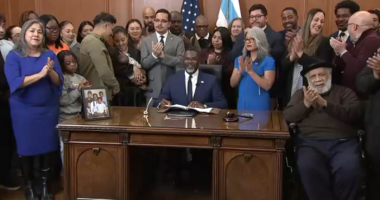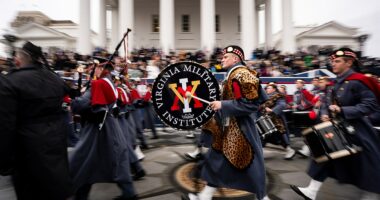Share this @internewscast.com
MINISTERS have accepted inflation-busting pay rises for millions of public sector workers – but the cash may still trigger strike action.
Millions of public sector employees have been given the approval for pay deals that exceed the 2.8 percent previously budgeted, potentially leading to conflicts with unions.
Teachers and doctors in England will be given a 4 per cent rise and other NHS workers will be given a 3.6 per cent hike.
The leading doctors’ union has called on Health Secretary Wes Streeting to enter talks over the pay award to “avert strike action”.
Professor Philip Banfield, chairman of the council at the British Medical Association, stated: “The Health Secretary can prevent strike action by engaging in negotiations with us and agreeing on a pathway to complete pay restoration.”
Education Secretary Bridget Philipson mentioned that schools would need to cover the first 1 percent of pay awards by achieving “improved productivity and smarter spending”.
She said: “Schools will be expected to find approximately the first 1% of pay awards through improved productivity and smarter spending to make every pound count.
“There will be those who say this cannot be done, but I believe schools have a responsibility, like the rest of the public sector, to ensure that their funding is spent as efficiently as possible.”
Ms Phillipson said: “Beyond that first 1%, the cost of this pay award will be covered by the additional funding I am announcing today, on top of funding increases already in schools.”
“Doctors’ pay is still around a quarter less than it was in real-terms 16 years ago and today’s ‘award’ delays pay restoration even more, without a government plan or reassurance to correct this erosion of what a doctor is worth.”
Daniel Kebede, boss of the National Education Union, made a thinly-veiled threat to the government following the announcement.
He said: “Unless the government commit to fully funding the pay rise then it is likely that the NEU will register a dispute with the government on the issue of funding, and campaign to ensure every parent understands the impact of a cut in the money available to schools, and that every politician understands this too.”
Paul Whiteman, general secretary of school leaders’ union the NAHT, added: “The news that the schools will be receiving additional funding to help cover some of the costs is welcome, but they will remain concerned that they will still need to find a proportion from within their existing budget allocations.”
Most members of the armed forces will be handed a 4.5 per cent increase – with senior members of the military 3.75 per cent.
Number 10 previously said that there would be “no additional funding” for pay if the Pay Review Bodies go beyond what departments can afford.
The Unite union has previously called on its members to rebuff any deal on the table to its members having been offered a rise of 3.2 per cent.
Union boss Sharon Graham last month said: “Yet again, this year’s pay offer fails to tackle low pay for local government workers, who have endured years of below-inflation rises on top of the cost-of-living crisis.”
Daniel Kebede, who is boss of the National Education Union, has said that his organisation is “ready to act industrially” if needed.
The Royal College of Nursing have also said that a 3 per cent rise is unlikely to to help the sector which is in crisis.
Just weeks into coming in to office last July, Ministers signed off bumper pay deals for train drivers and doctors.



















